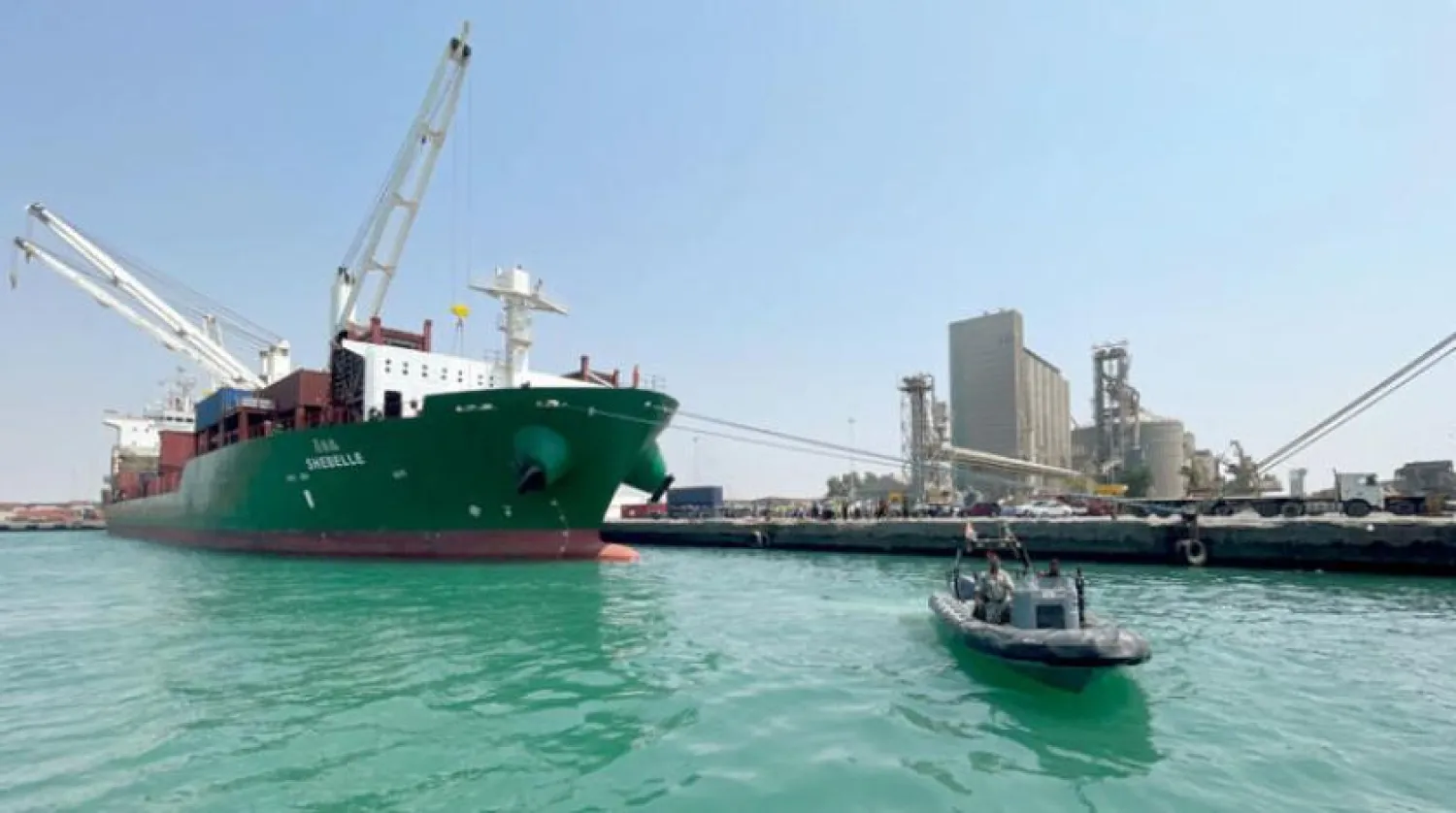A report published by the UN Panel of Experts revealed that Houthi militias have collected more than 270 billion rials during the truce in Yemen from oil, taxes, and other levies, an amount sufficient to pay the salaries of public service employees in the militia-controlled areas for 10 months.
“The Houthis continue to control legal and illegal sources of revenue, namely customs, taxes, zakat, non-tax revenues and illicit fees,” the Panel said in a report addressed to the President of the Security Council, adding that the militias have levied a one-fifth tax on many economic activities, including in the mineral, hydrocarbon, water and fishery sectors.
According to the report, the beneficiaries of the new levy include the Houthi family and several of their loyalists.
“The customs authorities in Aden have calculated the loss of customs revenue for the Yemeni government to approximate 271.935 billion rials for the period between April to November 2022,” the Experts said.
They added that this loss to the Yemeni government equates to a corresponding gain by the Houthis during this period, as the said amount is not being spent for paying salary to the public service employees.
Despite receiving these tax revenues, the Panel said Houthis continue to earn illegal fees through their network of dealers, and sometimes fabricate artificial scarcities of fuel in order to create opportunities for their traders to sell oil on the black market and collect illegal fees from such sales.
Sources at the Finance Ministry in the legitimate government told Asharq Al-Awsat that the fortunes collected from oil revenues in the port of Hodeidah covers the salaries of employees in militia-controlled areas for a period of 10 months.
They said the monthly entitlement amounts to 25 billion rials while the government spends a similar amount as monthly salary expenses for more than half of the civil service employees.
According to the sources, the revenues collected from taxes, customs and other levies, in addition to the revenues of the Hodeidah port are enough to continuously cover the salaries of employees in Houthi-controlled areas. “However, the militias pocket these sums to pay their fighters and their influential leaders,” the sources said.
They added that since allowing fuel ships to enter Al Hodeidah port, customs revenues in the port of Aden have decreased significantly while the Houthis are still calling on the government to pay the salaries of employees in the areas under their control, including employees of the two defense and interior ministries.
In their report, the Panel of Experts said real estate generates significant revenues for the Houthis.
Also, the telecommunications industry in Yemen has been a major source of revenue for the Houthis since the conflict started, they stated.
“The Panel has received information that the Houthis are using the telecom services in sending millions of messages to the subscribers soliciting support and financial contributions for their war efforts,” the Experts said.
In addition, the Houthis continued their campaign of indoctrinating children and of recruiting and using them in their forces, including as combatants, contrary to their legal obligations and the action plan signed with the United Nations in April 2022 to prevent and end recruitment and other grave violations against children.
Also, violence against humanitarian personnel, movement restrictions on humanitarian workers and operations and interference with humanitarian activities by the Houthis and government-affiliated groups continued to hamper the delivery and distribution of humanitarian assistance to millions of civilians in urgent need of assistance or protection, the report said.
The Experts then condemned the widespread and indiscriminate use of landmines and unexploded ordnance, mostly in front-line areas, continued to inflict high casualties on civilians, mostly women and children, as well as restrict humanitarian access and impede aid operations.
They found that violations of international humanitarian law and international human rights law remained widespread and systemic during the reporting period.
These violations included indiscriminate attacks on civilians and civilian infrastructure, arbitrary detention, ill-treatment and torture, with no mechanisms for accountability or support for survivors or remedies for victims’ families.









